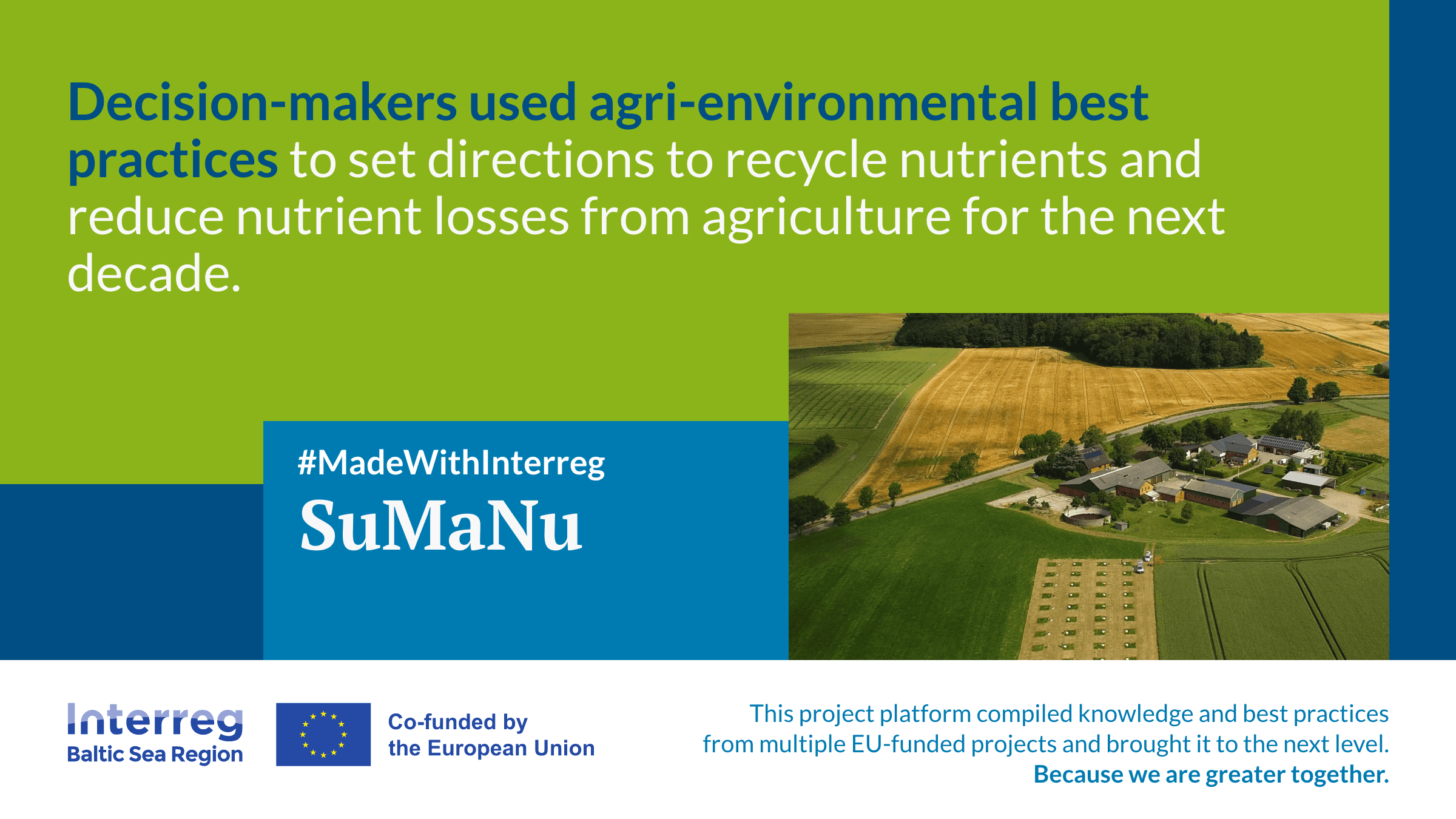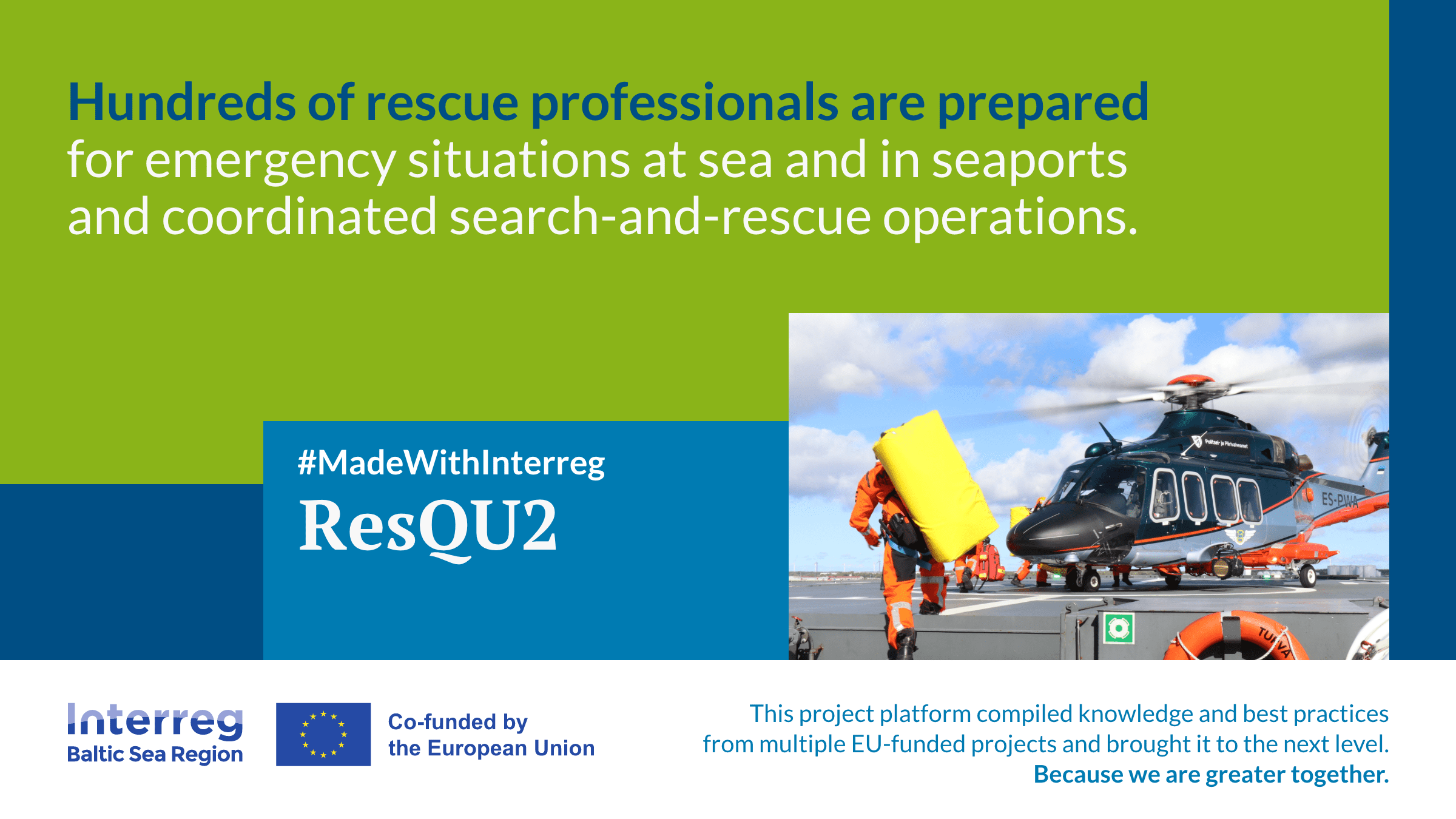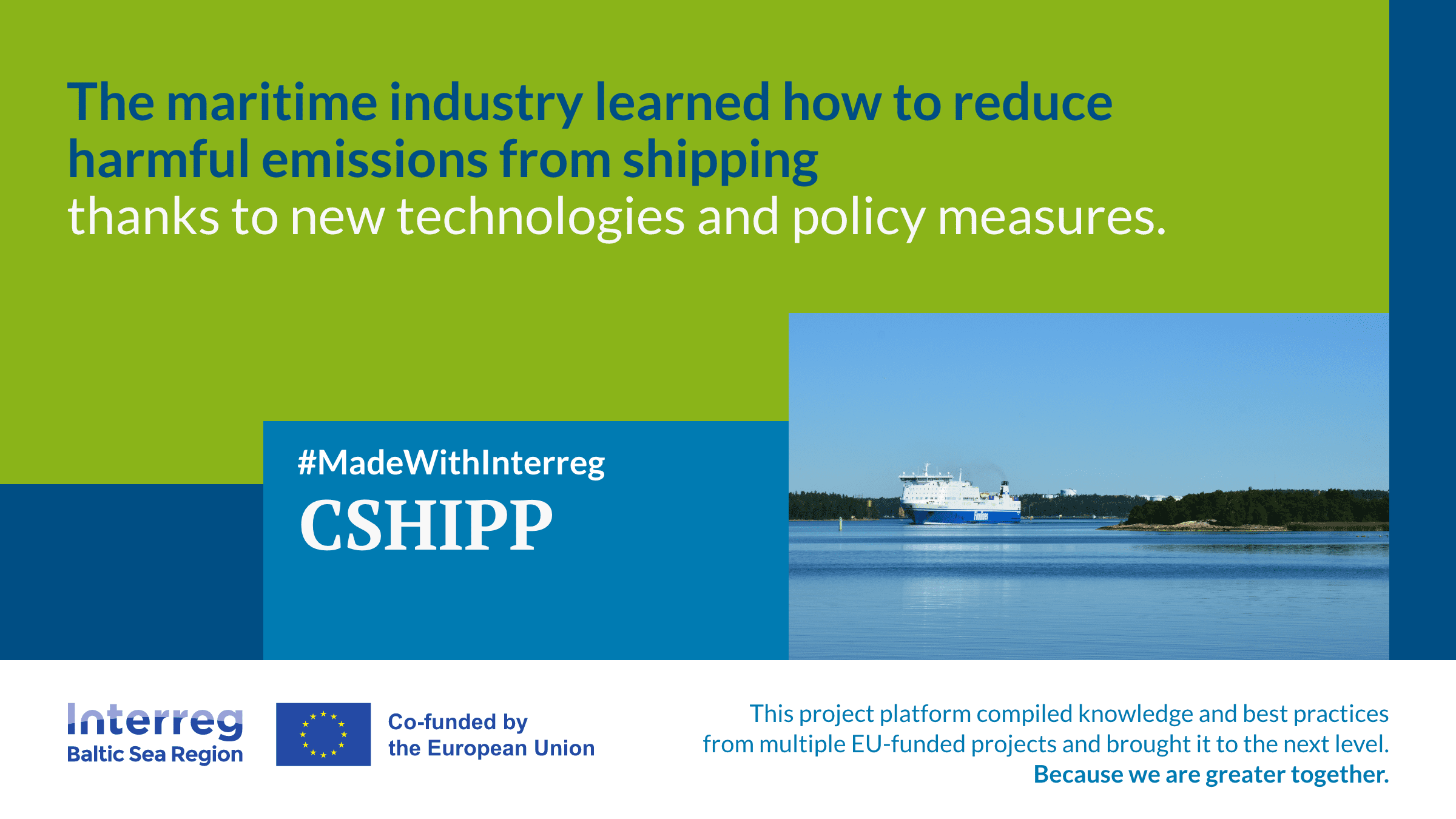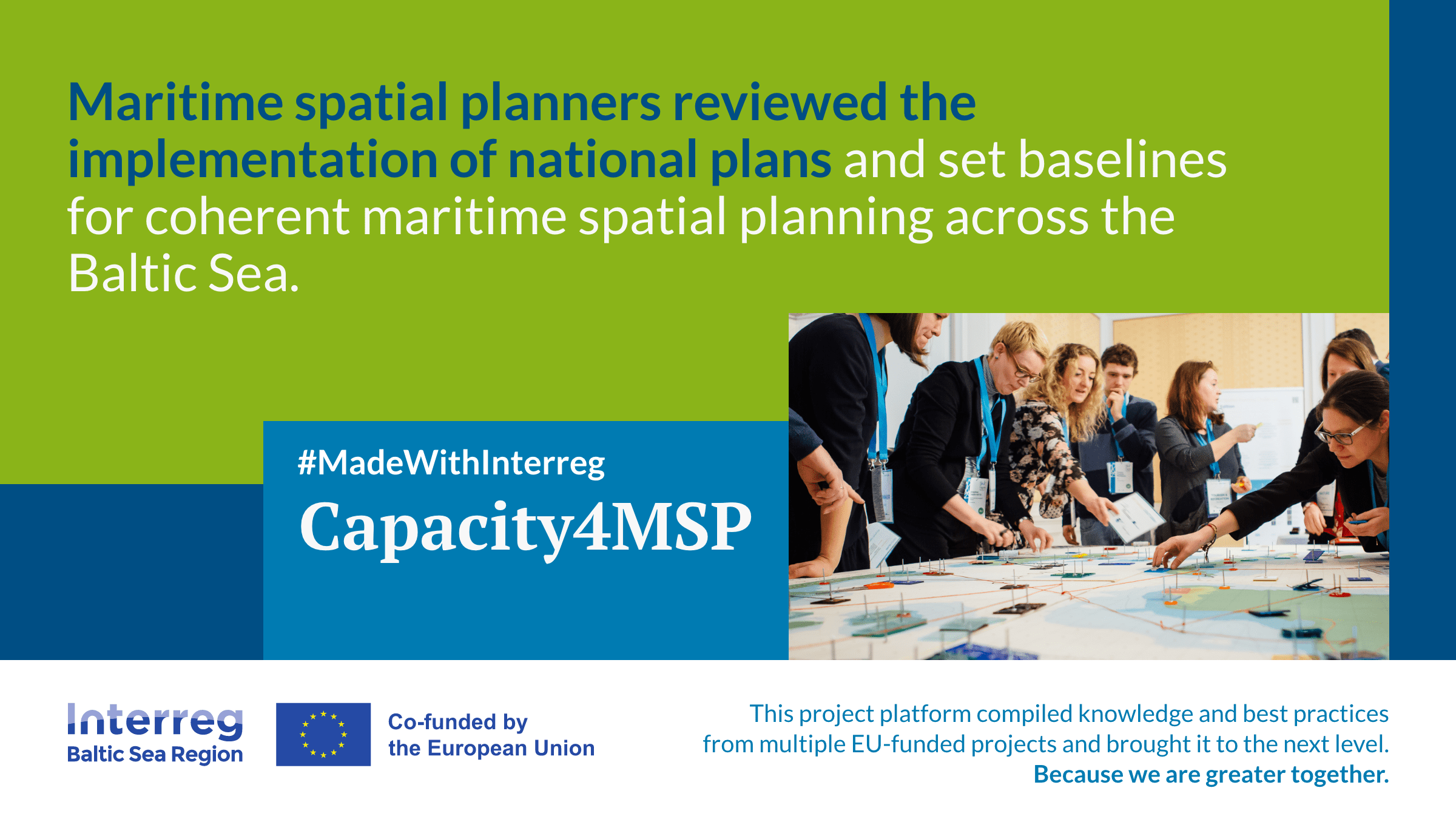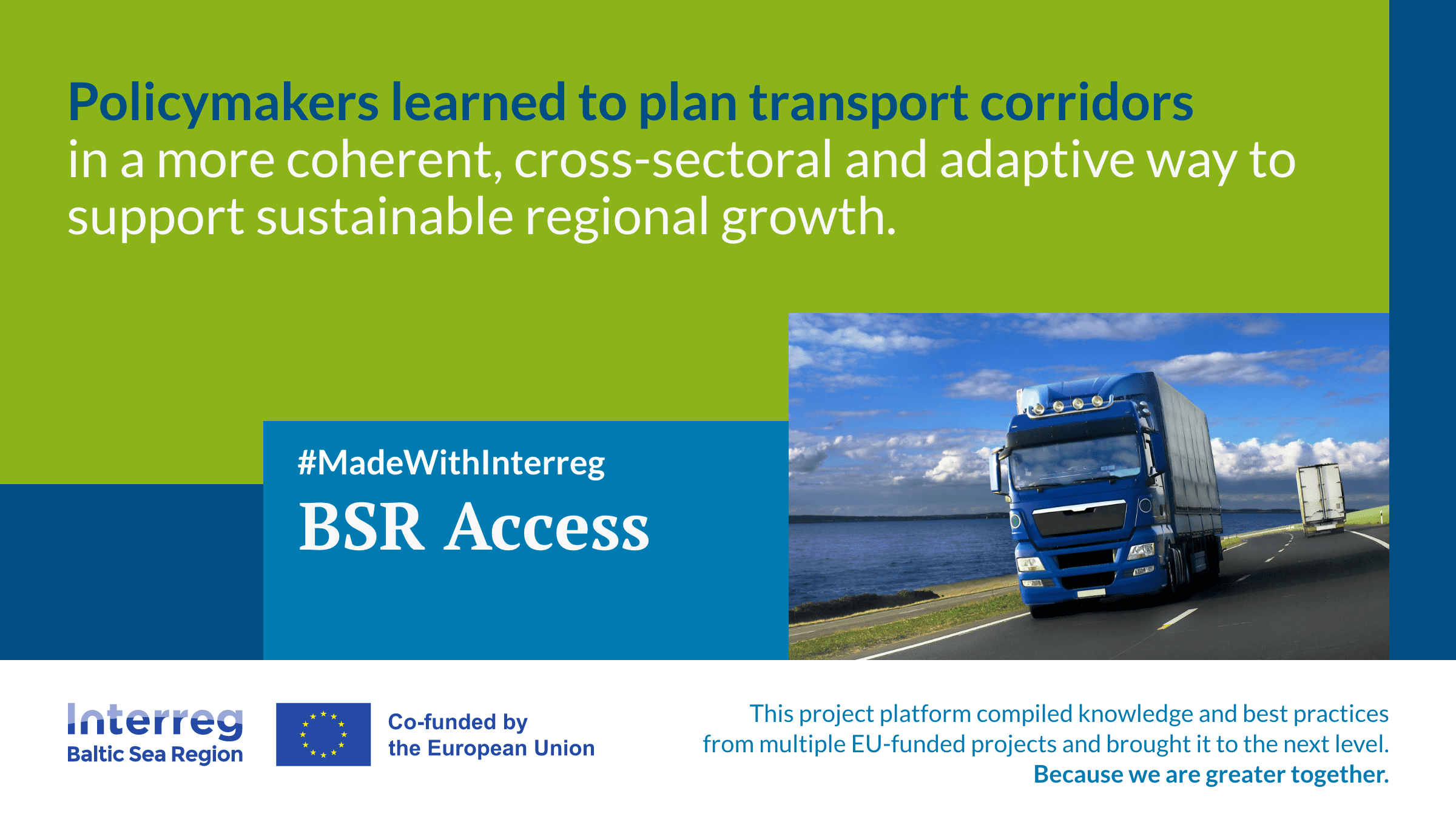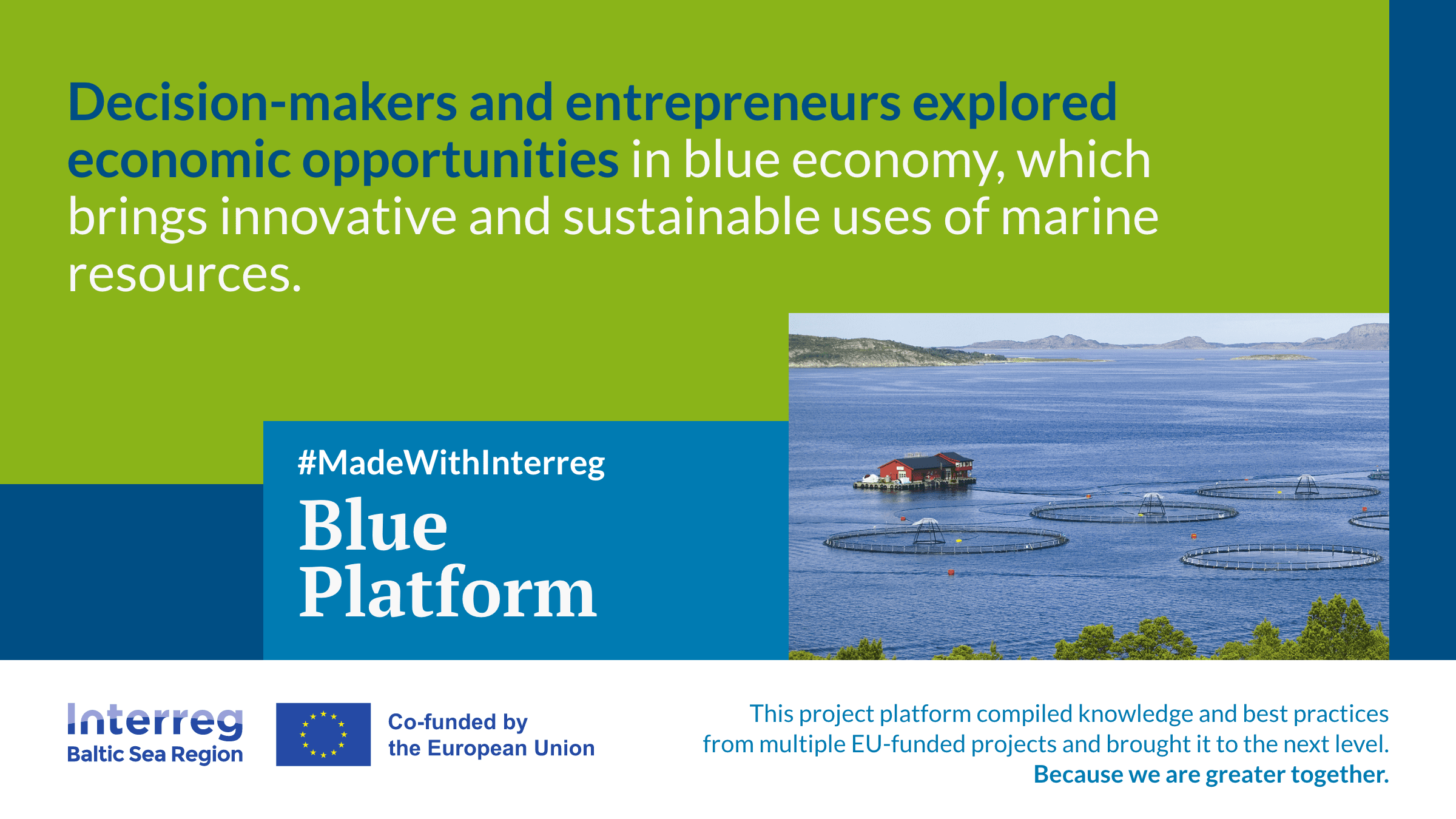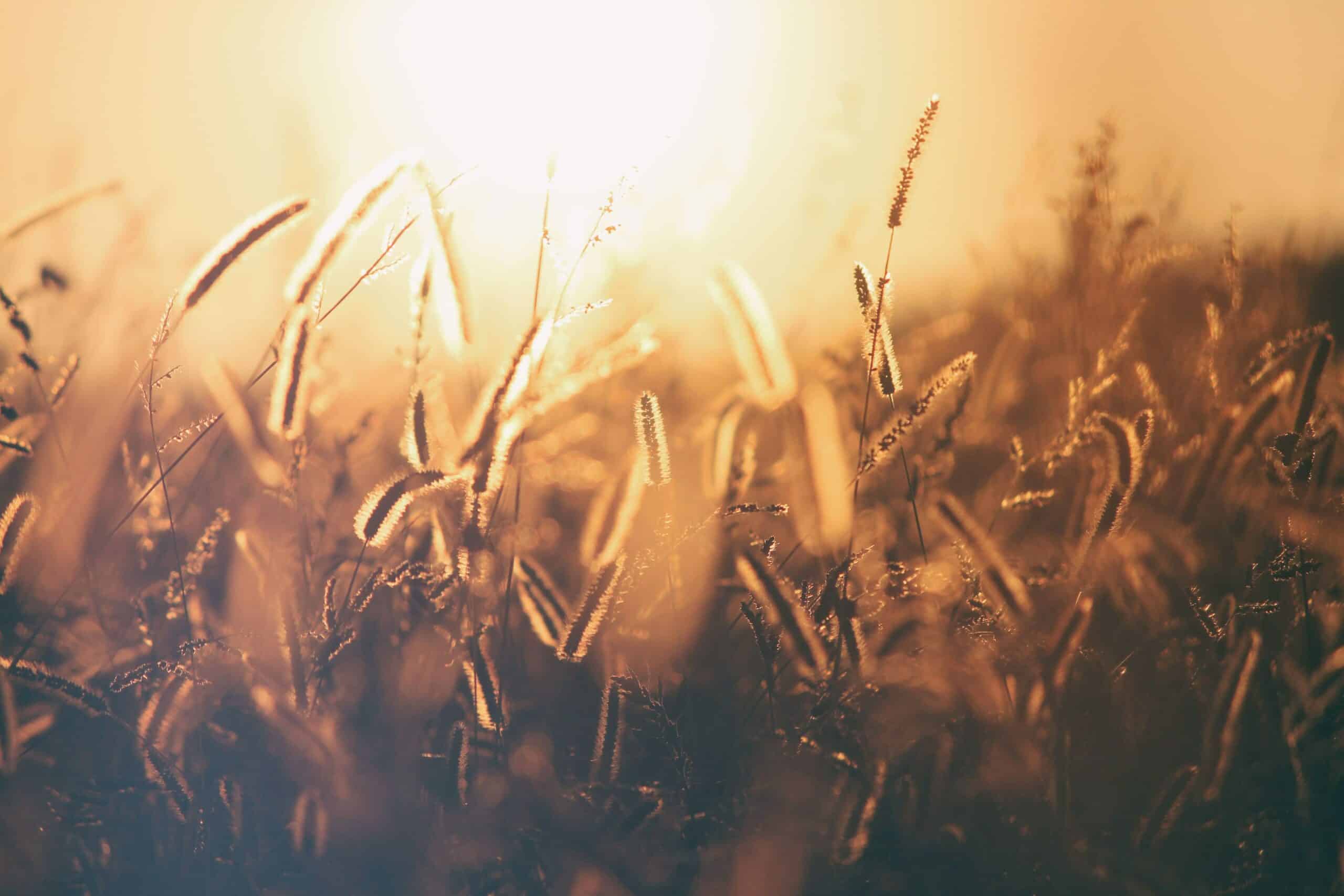
20 March 2023
Project platforms: capitalising on projects’ results for a wider impact
Written by Elena Kolosova
Projects and their results are the capital of Interreg Baltic Sea Region. Project platforms increased this capital. They helped connect project results to results of projects from other funding programmes. More policy-makers and practitioners use results of EU funding programmes in their work.
What is a project platform?
There are many synergies among the projects implemented within Interreg Baltic Sea Region. There are also further EU-funding programmes in the Baltic Sea region and beyond. Each has its own thematic or geographical focus or both. This leads to a number of projects with interesting results in one thematic field. It is, however, not easy to orientate in these multiple results already achieved.
That is why Interreg Baltic Sea Region invited its project partners to come together and help structure results of different projects in project platforms. The partners connected also to projects from other EU-funding programmes. With additional EU funding and an implementation time of around three years, project platforms managed to achieve a lot!
Synthesising project results in project platforms
Project platforms synthesised knowledge and results of implemented projects in their specific thematic field. They connected Interreg Baltic Sea Region projects with other Interreg programmes, Horizon 2020, BONUS, LIFE, and Connecting Europe Facility.
- Project platforms worked with results of some hundred projects from twelve EU funding programmes.
- Project platforms helped shape policies and strategies and connected stronger to the EU Strategy for the Baltic Sea Region.
- Project platforms brought a multitude of good practices to public authorities, experts across different sectors, companies, and NGOs so that they could improve their daily work.
Interreg Baltic Sea Region will continue its support to project platforms in the period of 2021-2027. We expect a good number of projects and their results to be in place by 2024-2025 for project platforms to start. Organisations around the Baltic Sea will get a chance to develop their proposals for new project platforms that strengthen the EU-funded results for the benefit of the region.
Meanwhile, check out a few results of the implemented project platforms!
Triggering policy changes
Nutrient recycling
BSR WATER and SuMaNu platforms helped develop the new Baltic Sea Regional Nutrient Recycling Strategy of the Baltic Marine Environment Protection Commission, known as HELCOM. The list of measures in the Strategy included valuable experience and synthesis from these two platforms. The coordinators of the EUSBSR policy areas Nutri, Bioeconomy and Hazards worked intensely with the platform partners.
Maritime spatial planning
The Capacity4MSP platform helped shape the Regional Maritime Spatial Planning Roadmap 2021-2030 adopted by HELCOM and VASAB. The platform led by the EUSBSR policy area coordinator Spatial Planning used the projects’ results to help define the Roadmap objective: Implementation of maritime spatial plans builds the knowledge base for a new maritime spatial planning cycle.
Energy efficiency
Blue economy
The Blue Platform together with the coordinators of the EUSBSR policy areas Bioeconomy and Innovation developed the roadmap that drives the development of the blue bioeconomy in the region beyond 2021.
Development of transport corridors
The BSR Access platform joined forces with the coordinators of the EUSBSR policy areas Transport and Spatial Planning. Together, they contributed to the European TEN-T policy review before the new funding period. They focused on how to plan transport corridors in a more coherent, cross-sectoral and adaptive way to support sustainable regional growth.
Flip through the cards to see all project platforms funded by our Programme.
Project results more accessible for users
Water management
Agriculture
The SuMaNu platform compiled the thirteen-year-long experience of transnational cooperation in agriculture and sustainable manure and nutrient management. The partners synthesised best practices along the entire manure handling chain: phosphorus regulation, nutrient-balanced fertilisation and nutrient accounting, on-farm manure handling and utilisation. More than 200 national and regional authorities, farmers, and their advisories learned about these practices and started using them.
Blue economy
In the Blue Platform, policy-makers and public agencies, companies, and researchers learned about practical achievements in blue bioeconomy, which a few years ago were merely theoretical concepts. For example, blue mussels and various native algae species could be cultivated in the Baltic Sea Proper, an area with lower salinity levels. Using this knowledge, a working group in the platform succeeded in a transnational investment under the new Interregional Innovation Investment Stream. This brought EUR 7.3 million into the mussel cultivation market within the Baltic Sea region.
Clean shipping
The CSHIPP platform synthesised promising technologies and policy measures that help reduce harmful emissions and decarbonise the maritime industry. The shipping industry, policy-makers, and national authorities learned about alternative fuels and energy sources as viable options for decreasing emissions. New technologies and digital solutions made it possible to monitor vessel performance, discover inefficiencies and streamline processes to reduce energy consumption, emissions and waste.
Maritime safety
The ResQU2 platform helped hundreds of rescue professionals to increase their preparedness for emergency situations in the Baltic Sea. It combined guidelines and procedures developed in different projects and increased the knowledge exchange among national rescue authorities around the Baltic and North Sea areas. Through peer-to-peer learning, staff exchanges, and joint training sessions, the platform partners shared best practices on safety and security management in ports, risk and crisis communication, rescue operations at sea and in ports. Emergency, fire and rescue services, border and coast guards, police, ministries of interior, and agencies dealing with safety and security learned from these joint exercises.
FINAL EVALUATION REPORT of Interreg Baltic Sea Region 2014-2020:
It is evident that project platforms facilitated the reach of other organisations beyond the ones of the single projects involved in the project platform.
“Reaching stakeholders beyond the project partnership was based on information and contacts established during previous projects and applying a ‘snowball effect’ for getting acquainted with more specialists.” (a beneficiary in a survey carried out by CIVITTA).
Enjoy browsing through the achievements of the project platforms in the project library!
More recent news
Grand results of the first round of small projects!
Despite the winter scenery, the results of 17 finalised Interreg Baltic Sea Region projects are in full bloom! And behind them lie two years of intensive work across borders, mutual learning and inspiration, and connections that last.
Climate-neutral future at hand for Baltic Sea region cities
Turning a city into a climate-neutral one requires knowledgeable people, thorough planning and solid financial resources. But how can cities manage this transition smoothly? The Interreg project Climate-4-Case guides cities around the Baltic Sea on how to do that right.
Designing Interreg Baltic Sea Region that belongs to everyone
10 December 2025 Designing Interreg Baltic Sea Region that belongs to everyone Written by Eeva Rantama What if the next Interreg Baltic Sea Region...
Monitoring the Programme’s progress: transnational cooperation in the making
Representatives from nine Programme area countries gathered in Berlin on 19-20 November 2025 to review the progress of the Programme’s implementation and start preparing for the post-2027 period.



